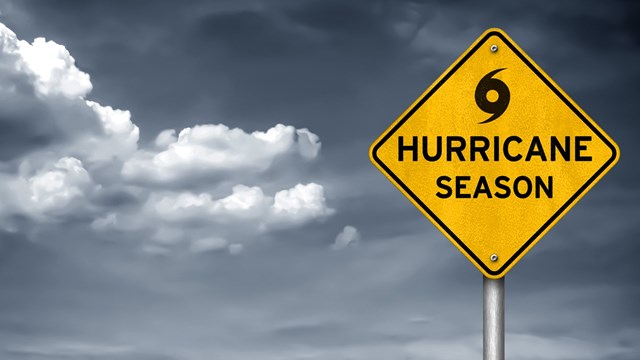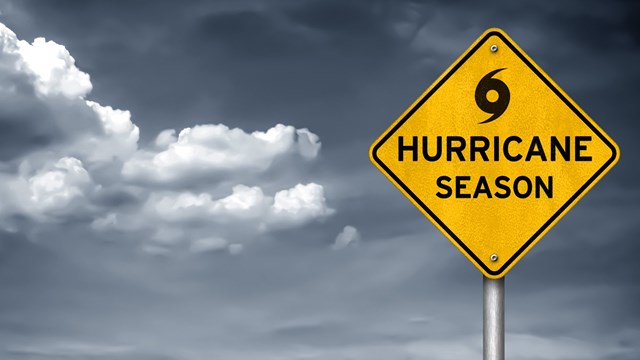
—Battered in Brick
“IHP is designed to assist individuals with expenses that are not covered by any other means. The statute mandates that IHP cannot issue funds for losses which are covered by insurance policies. An insurance claim for benefits must be filed, and more importantly, the insurance carrier must have determined that the loss is not covered. In short, if the loss is covered by insurance, disaster aid will not be made available. “Accordingly, if the damage to the boilers, elevators or the building itself is covered by flood insurance or the condominium’s general insurance policy, IHP funds will not be provided. In order to be eligible for IHP assistance you, or someone who lives with you, must be a citizen of the United States, a non-citizen national or a qualified alien. Based on the foregoing, a condominium association—i.e., a non-profit corporation—would not qualify for disaster aid assistance under IHP.
“Note, however, most disaster aid from the federal government is in the form of loans from the Small Business Administration (“SBA”). Loans issued by the SBA must be repaid. The SBA provides low-interest loans for damage to property owned by non-profit organizations, such as condominiums, that are not fully covered by insurance. SBA loans are made available to businesses, including non-profit corporations, to repair or replace destroyed or damaged facilities, machinery or equipment for the maximum amount of $1.5 million. An insurance claim should be filed prior to applying for an SBA loan. As noted above, an SBA loan will only be issued for damage not fully covered by insurance. An SBA loan will permit a condominium association to perform necessary and immediate repairs. The association can then determine whether an emergency or special assessment is necessary to manage the loan payments, or incorporate the loan payments into the operating budget as a line item.
“Prior to any repairs or replacements being performed, the association should seek multiple bids to define the scope of work and determine precisely what items are in immediate need of repair. Contractors can assist the association in assessing the condition of the common elements. For more substantial projects, the association would be advised to retain an engineer or general contractor to oversee the rebuilding or repair process. The property management company should guide the association through the disaster recovery process. The property management company has immediate access to and knowledge of the condominium association’s insurance policies and financial records. Moreover, the property management company can recommend reputable vendors and contractors to repair or replace the common elements.”
n






Leave a Comment